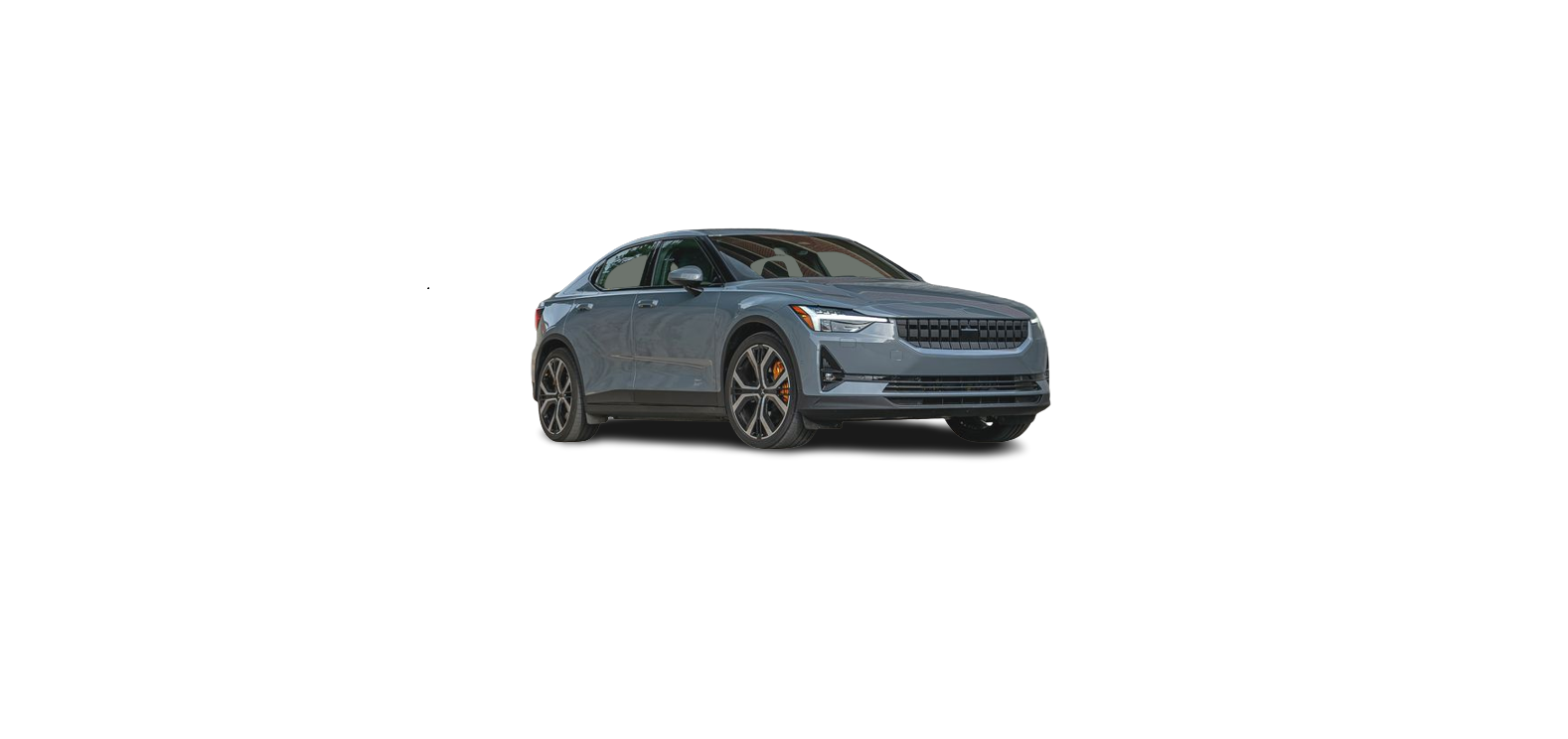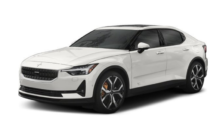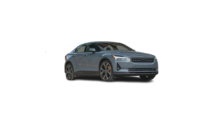Rear Collision Warning
- The Rear Collision Warning9This function is not available in all markets.) (RCW) function can help the driver avoid rear-end collisions from vehicles approaching from behind.
- The function can alert drivers of following vehicles of the risk of a collision by rapidly flashing the turn signals.
- If at a speed below 30 km/h (20 mph), the function detects that the vehicle is in danger of being hit from behind, the seatbelt tensioners may tension the front seat belts.
- The Whiplash Protection System safety system will also be activated in a collision.
- Immediately before a collision from behind, the function may also activate the brakes in order to reduce the forward acceleration of the vehicle during the collision. However, the brakes will only be applied if
- your the vehicle is stationary. The brakes will be immediately released if the accelerator pedal is depressed.|
- The function is automatically activated when the vehicle is started.
WARNING
- The function is supplementary driver support intended to facilitate driving and help make it safer – it cannot handle all situations in all traffic, weather and road conditions.
- The driver is advised to read all sections in the Manual about this function to learn of its limitations, which the driver must be aware of before using the function.
- Driver support functions are not a substitute for the driver’s attention and judgment. The driver is always responsible for ensuring the vehicle is driven in a safe manner, at the appropriate speed, with an appropriate distance from other vehicles, and in accordance with current traffic rules and regulations.
Rear Collision Warning (RCW: Warning of collision from the rear) limitations
In some situations, it may be difficult for Rear Collision Warning (RCW) to warn the driver of a collision risk.
This may be the case if:
- the vehicle approaching from the rear is detected at a late-stage
- the vehicle approaching from the rear changes lanes at a late stage.
- a trailer, bicycle holder, or similar is connected to the vehicle’s electrical system – the function is then deactivated automatically.
NOTE
In certain markets, RCW does not warn with the direction indicators due to local traffic regulations – in such cases, that part of the function is deactivated. The function uses the vehicle’s camera and/or radar units, which have certain general limitations.
In certain markets, RCW does not warn with the direction indicators due to local traffic regulations – in such cases, that part of the function is deactivated. The function uses the vehicle’s camera and/or radar units, which have certain general limitations.






